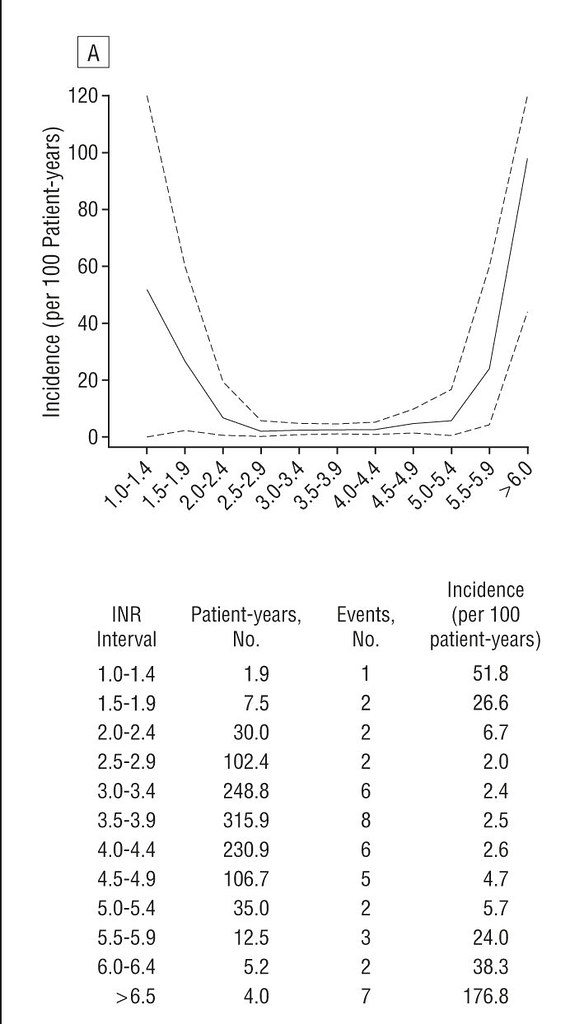This is an interesting topic to me. It took 3 months to get to a stable INR after AVR in 2006.
In addition I was diagnosed with fibrin strands on my valve that first year. I did some research back then and found one small study that found formation of strands commonly occurred in the 6 months after surgery and rarely after 6 months. The study concluded that more aggressive anti-coagulation should be considered in the days after surgery.
I'm not sure that would actually work to prevent the fibrin strands, but as I read through this thread and remembered that study, I thought it would be interesting to look back at my dosing and INR stability in the weeks after surgery compared to the two periods where I had to hold warfarin temporarily for a procedure (colonoscopy in both cases).
Results
5/4/2006 - 8/7/2006: Avg. 4.5mg/day: INR took 2 weeks to ramp up to target range, but was not stable until the dose increased after first 3 months.
8/8/2006 - 1/14/2011: Avg. 6.4mg/day: In early Jan 2011, warfarin held for 3 days in advance of procedure.
1/17 - 2/7/2011: Dose first 3 weeks after warfarin resumed: Avg. 6.0mg/day. INR took 8 days to get in target range and was stable after 17 days.
2/8/2011 - 1/25/2021: Avg. 6.3mg/day: In early Jan 2021, warfarin held for 5 days in advance of procedure.
2/1 - 2/21: Dose first 3 weeks after warfarin resumed: Avg. 6.5mg/day: INR took 17 days to get to target range and has been stable since then. (now at average 6.0mg/day).
I know there are lot of other variables in play here, but my own small sample size does seem to align with that study I read years ago.


























